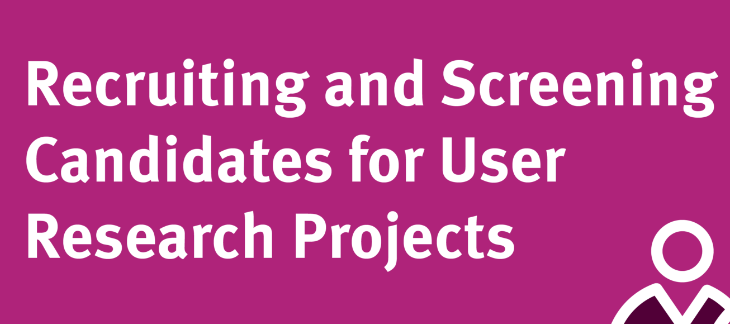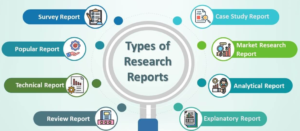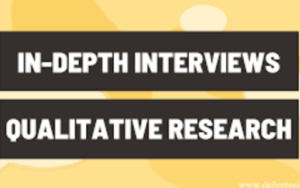The Research Clerk Agency can play a crucial role in survey participant recruitment by utilizing various strategies and methodologies to identify, engage, and recruit participants for research studies.
Here’s how we are working in survey participant recruitment
Target Audience Identification: The agency begins by collaborating with the research team to identify the target audience for the survey. This involves defining specific demographic criteria, such as age, gender, location, occupation, or other relevant characteristics, based on the research objectives and study requirements.
Sampling Strategy Development: The agency assists in developing a sampling strategy to reach the target audience effectively. This may involve using probability sampling methods, such as random sampling or stratified sampling, to ensure that the survey sample is representative of the population of interest.
Database Management: The agency may maintain a database of potential survey participants or leverage external databases and panel providers to access a diverse pool of respondents. The database is regularly updated and segmented based on demographic criteria to facilitate targeted recruitment efforts.
Recruitment Channels: The agency utilizes multiple recruitment channels to reach potential survey participants. This may include email invitations, social media outreach, online advertising, community partnerships, professional networks, and recruitment agencies. The choice of channels depends on the characteristics of the target audience and the research objectives.
Screening and Prequalification: The agency screens potential participants to ensure they meet the eligibility criteria for the survey. This may involve administering screening questionnaires or conducting brief interviews to assess respondents’ suitability based on demographic, behavioral, or attitudinal factors.
Incentives and Rewards: The agency may offer incentives or rewards to incentivize participation and improve response rates. This could include cash incentives, gift cards, discounts, or entries into prize draws. The incentive structure is designed to motivate participation while maintaining the integrity of the research process.
Communication and Engagement: The agency communicates with potential participants to provide information about the survey, its purpose, and the expected time commitment. Clear and transparent communication helps build trust and encourages participation. The agency also maintains ongoing engagement with participants to address any questions or concerns and provide support throughout the survey process.
Data Privacy and Consent: The agency ensures that participant recruitment processes adhere to data privacy regulations and ethical guidelines. This includes obtaining informed consent from participants, protecting their personal information, and ensuring confidentiality and anonymity throughout the survey process.
Tracking and Monitoring: The agency tracks recruitment progress and monitors response rates to assess the effectiveness of recruitment efforts. This allows for timely adjustments to recruitment strategies as needed to meet recruitment targets and ensure sample representativeness.
Quality Assurance: The agency maintains quality assurance protocols to ensure the integrity and reliability of survey data. This may include conducting quality checks on recruited participants, verifying respondent eligibility, and monitoring data completeness and accuracy.
By leveraging its expertise in participant recruitment methodologies, database management, communication strategies, and quality assurance practices, we are effectively recruit survey participants and support the successful execution of research studies.










